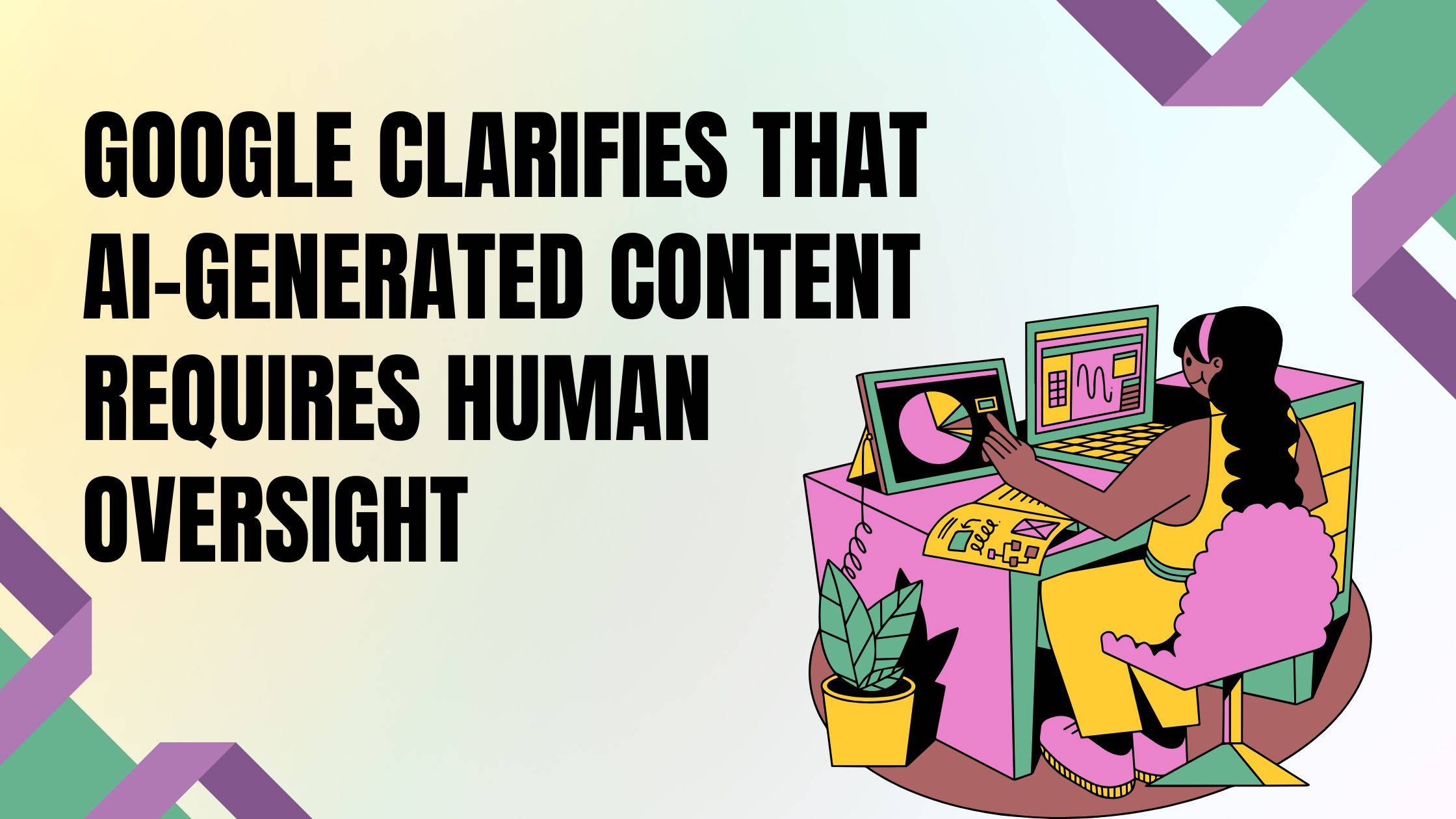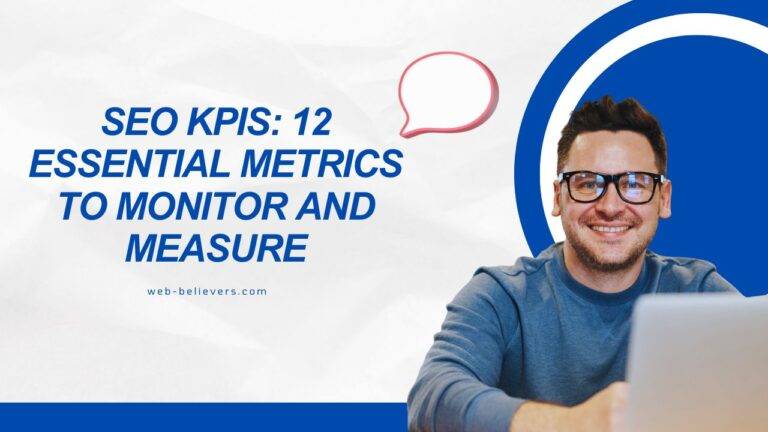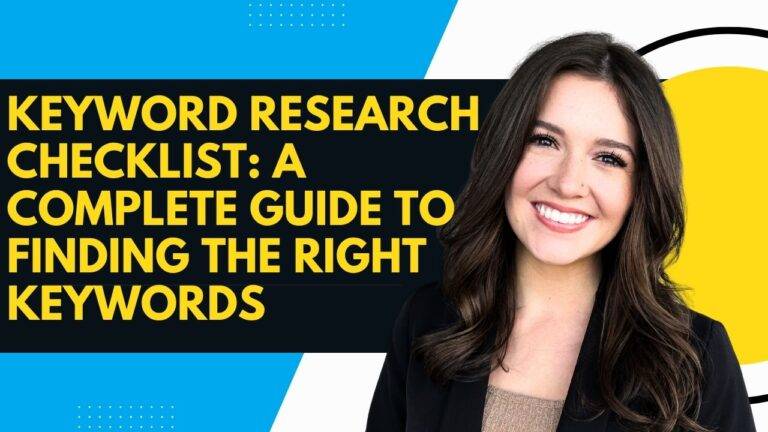Google’s Gary Illyes emphasized that content created with AI must go through human editorial review to ensure accuracy and correctness. He explained that Google does not strictly define its policy as “human created” content but rather as “human curated.” In short, high-quality AI content is acceptable if it meets editorial standards.
This clarification came during an exclusive discussion with Kenichi Suzuki.
AI Overviews and Gemini Models
Suzuki asked about the models powering AI Overviews and AI Mode. Illyes confirmed they are built on custom Gemini models. When questioned further about whether these systems rely on separate indexes for grounding, Illyes explained that grounding typically occurs with Google’s web index. Grounding helps an LLM base its responses on verifiable information, reducing the chances of hallucinations.
AI Content in Search and LLMs
On the topic of AI-generated content being published online, Illyes noted that while it doesn’t pose an issue for Google’s search index, it can be a challenge for LLM training. He highlighted that the quality of content is the key factor in training data, regardless of whether it is AI-written or human-written. Accuracy and originality are crucial, while highly repetitive or duplicate content should be avoided.
Editorial Review of AI Content
Illyes further clarified that human review is about internal editorial checks before publishing, not about labeling content as “human reviewed” on a web page, which is not considered a reliable signal.
Key Takeaway
According to Illyes, Google accepts AI-generated content in both search and training if it is factually correct, unique, and reviewed by humans. Publishers should ensure editorial oversight to confirm accuracy and avoid content that is overly similar to what already exists.
FAQs
Q1. Does Google allow AI-generated content?
Yes, Google allows AI-generated content as long as it is high-quality, original, accurate, and provides real value to users.
Q2. What does “human reviewed” AI content mean?
It means AI content should be checked, edited, and fact-verified by a human before publishing. Simply stating “human reviewed” on a page is not enough.
Q3. Can AI-generated content rank in Google search results?
Yes, AI-generated content can rank if it meets Google’s quality standards, is unique, factually correct, and not overly similar to existing content.
Q4. Is AI content harmful for SEO?
Not if done correctly. Poorly written, duplicate, or unverified AI content can harm SEO, but human-reviewed AI content that adds value can perform well.
Q5. What is the difference between “human created” and “human curated” content?
“Human created” means fully written by humans, while “human curated” means AI-generated content that has been checked, edited, and refined by humans.
Q6. Does Google penalize websites using AI content?
Google does not penalize AI content just for being AI-written. Penalties occur only if the content is spammy, low-quality, or misleading.
Q7. How can publishers make AI content acceptable for Google?
Publishers should apply editorial oversight, fact-check information, avoid duplication, and ensure the content is useful and reliable.




